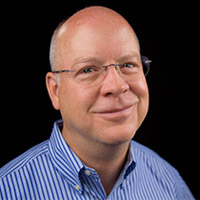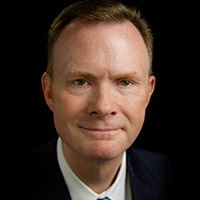Accountability in Four Easy Steps

Source: Partner Insights
The following includes excerpts, reproduced with permission, from an article by Marty Stanley, president of Dynamic Dialog, Inc.
Accountability hasn’t been considered the “next big idea” because it’s not “flashy.” There are no “bragging rights” about implementing an accountability process. After all, accountability means people would need to change, rather than a system or process that needs to change. And who wants to be accountable if it means having to personally change?
On the other hand we’ve seen what happens when there’s no accountability for leading people or processes: The dot-com bust, Enron, Katrina, FEMA…Scandals everywhere: Politics, religion, sports…Bernie Madoff, bailouts and industries collapsing…Product recalls, contaminated foods, greed, waste and excess.
Here are four easy steps to holding people accountable:
- Use job descriptions as the basis for hiring or promoting people into a position.
- Share the job description with incumbents so they know their accountabilities and let them know this will be used for training, coaching, and performance feedback.
- Have objective ways to measure and monitor performance and communicate those methods to the people performing the jobs. Follow through by providing feedback about performance.
- Provide training and coaching opportunities to enhance performance.
The Fundamental Purpose of Technology | Peter Adams
About Peter Adams Peter Adams is Founder & CEO of Lighthouse, having launched the firm 33 years ago while working as a deployment specialist in the health care information systems arena. In a moment of epiphany, he realized that the primary goals of his complex projects were not to make some new IT technology…
Anthony Thompson – United Business Bank
About Anthony Thompson Anthony is a Senior Vice President, Commercial Loan Officer at United Business Bank. Prior to his career in Banking Anthony was Vice President, Director of Marketing at Proudfoot Consulting/Phillip Crosby Associates. Anthony also worked as special assistant to US Senator David D. Karnes, and the first woman elected to the US Senate,…
ModuleQ | David Brunner
About David Brunner In 2011 David Brunner founded ModuleQ, a SAS based company to prevent knowledge workers from being overloaded with information. Before founding ModuleQ, David received a PhD from Harvard University in Information, Technology & Management, a joint program integrating business and computer science. Upon Graduating from Harvard, he worked with the CIO…




